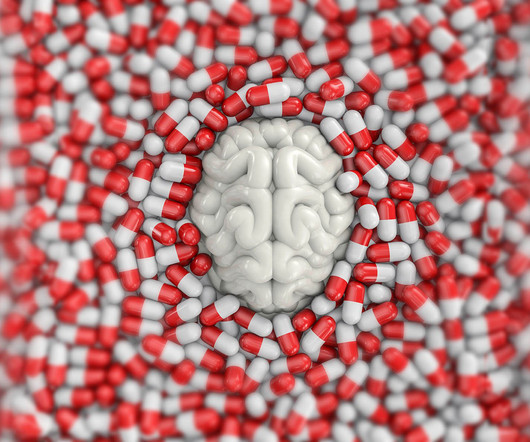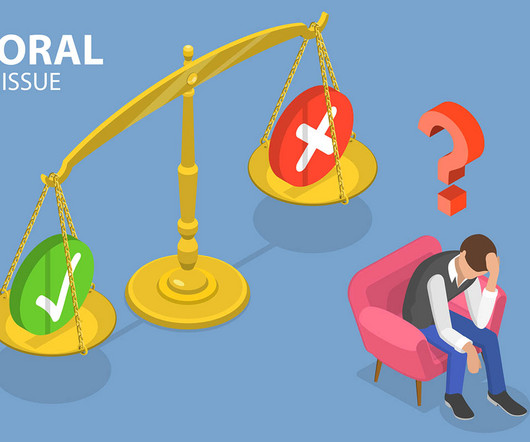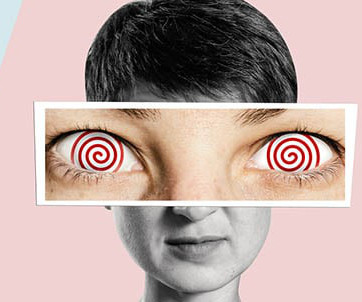“Dad, Something’s Not Right. I Need Help”: Richard Fee on the Dangers of Adderall
Mad in America
MARCH 5, 2025
I hope that by telling it, I can help others find a better way to manage their own healthcare, diagnoses, and whatever medications they may or may not choose to take. He started college in 2004, so this would have been 2005 or 2006. No lettersbefore or after my name. Siem: Why dont you introduce us to your son? Its an amphetamine.




















Let's personalize your content